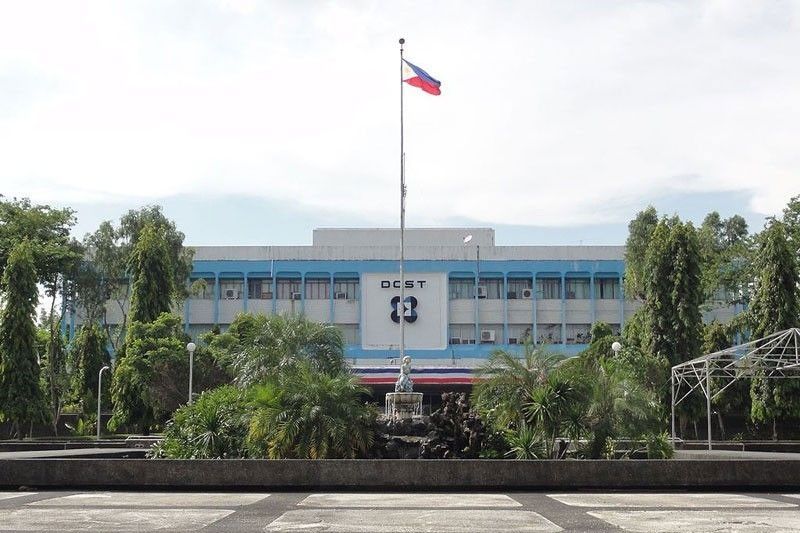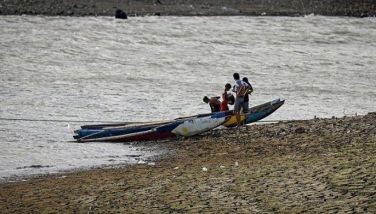Team Philippine bags top prize in international space idea tilt

MANILA, Philippines — Team Philippines won first prize in a space mission idea contest held in Japan last month.
The team included Joel Joseph Marciano Jr., head of the Department of Science and Technology (DOST)’s microsatellite program that built and launched into orbit Diwata 1, 2 and Maya 1.
Marciano, former director of the DOST-Advanced Science and Technology Institute (ASTI), was one of the members of the DOST-ASTI team that proposed the space research project.
The project won first prize in the 6th Space Mission Idea Contest (MIC6) held during the 7th UNISEC-Global meeting in Tokyo.
He was recently named by President Duterte director general of the newly created Philippine Space Agency.
Marciano and his teammates – Calvin Artemies Hilario, Mar de Guzman and Genedyn Mendoza – proposed to conduct research using spectrum monitoring from space to map places on Earth that does not have telecommunications service or internet connectivity.
The research proposal entry, titled “Spectrum Monitoring from Space with i-SEEP (SMoSiS) – Capturing and Mapping the Digital Divide from Space through Radio Frequency Spectrum Measurements,” won first place in the IVA-replaceable Small Exposed Experiment Platform (iSEEP) category of the MIC6.
The MIC is a venue for people interested in space research to introduce creative ideas on payloads for the International Space Station (ISS) platform.
It also introduces new possibilities on space exploration research and technologies.
Since its establishment in November 2013 in Japan, the UNISEC-Global provides a forum to promote practical space development activities at university level such as designing, developing, manufacturing, launching and operating micro/nano/pico satellites and rockets, including their payloads.
The DOST-ASTI team victory came as a surprise as it was the first time for the Philippines to join the contest.
Marciano said the triumph in the MIC6 made them more determined to undertake the proposed research and development project.
“Our expectation was ‘let’s just have fun explaining this idea to a big audience,’ that this is not your typical science experiment. It’s an experiment for public good, illuminating the state of this infrastructure and connectivity in sharing it openly,” Marciano said.
The spectrum monitoring from space aims to provide measurements of RF spectrum occupancy on earth to detect the presence or lack of telecommunication and broadcast services.
The processed SMoSiS spectrum data help determine unserved and underserved areas and detect anomalies, including the disruption and recovery of wireless technology services during disasters.
The team intends SMoSiS to be the first step to having “osmosis” of opportunities in the underprivileged sector.
- Latest
- Trending



























